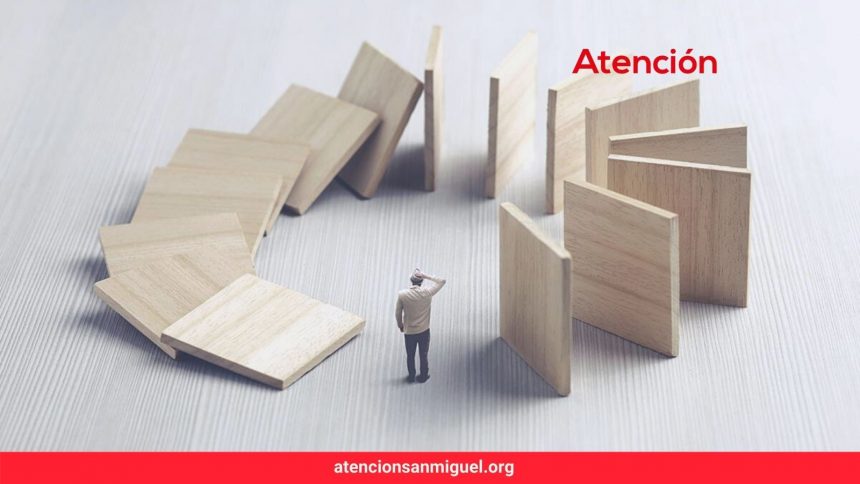Lecture
“Karma, Causality”
By Christos Maglousidis
Diamond Way Travelling Teacher
Thu, Aug 12, 4pm
Teatro Santa Ana
La Biblioteca, Reloj 50A
150 pesos
By Cecilia Blasquez
He will arrive in San Miguel de Allende, Mexico, from Greece for the first time to share with us practical and profound teachings on the meaning of Karma, the law of cause and effect that will help us have a more meaningful life from the Buddhist point of view of.
Anyone who wants to think that an “evil god,” “others,” or simply “chance” cause things to happen, finds in the world many spiritual offers that lead to confusion. The teachings of the Buddha are not among them.
Buddhism begins with responsibility for our own life, by learning to see our experiences as a consequence of all our previous actions without looking for “guilty.” We will learn to consciously sow the causes of happiness.
We are the ones who influence our own results so we don’t remain forever like children, dependent and surrendered to circumstances.
Anyone who wants to have security in their life for the long-term, based on a solid foundation, only needs to observe the law of cause and effect.
The impressions that were planted in the subconscious, through our actions at the level of body, speech, and mind, will mature as consequences. External and internal conditions will come together and decide our future, also influencing the external world.
Even different events such as the weather or the economy are determined by numerous conditions, expressing different layers that mature into cause and effect.
This also changes the appreciation of the suffering of the world; we can’t explain much of what seems unfair if we think that there is only one life. When we recognize and use the law of cause and effect, we will understand better how the acts of past lives considerably determine the conditions in each new life.
After death, when sense perceptions cease, accumulated impressions in life manifest. These are decisive for the manifestation of four results that occur, which are: First, the kind of experience that one has between one body and the next. Second, the connection with future parents, which determines genetic inheritance and orientation in the next life. Third, the circumstances of the country or social origin. Ultimately, they shape the attitude with which one will relate to the world and other human beings. This in turn leads to beneficial or harmful actions in future lives.
Fragments of Things As They Are, Lama Ole Nydahl.
Ticket sales at the theater box office Reloa 50A or in www.teatrosantaana.org

